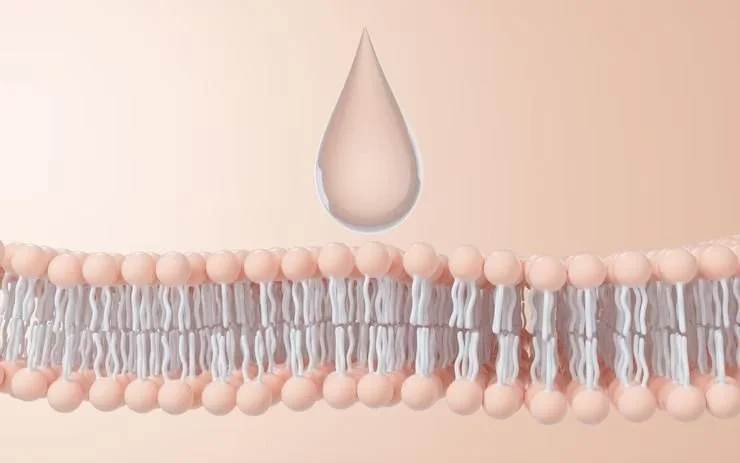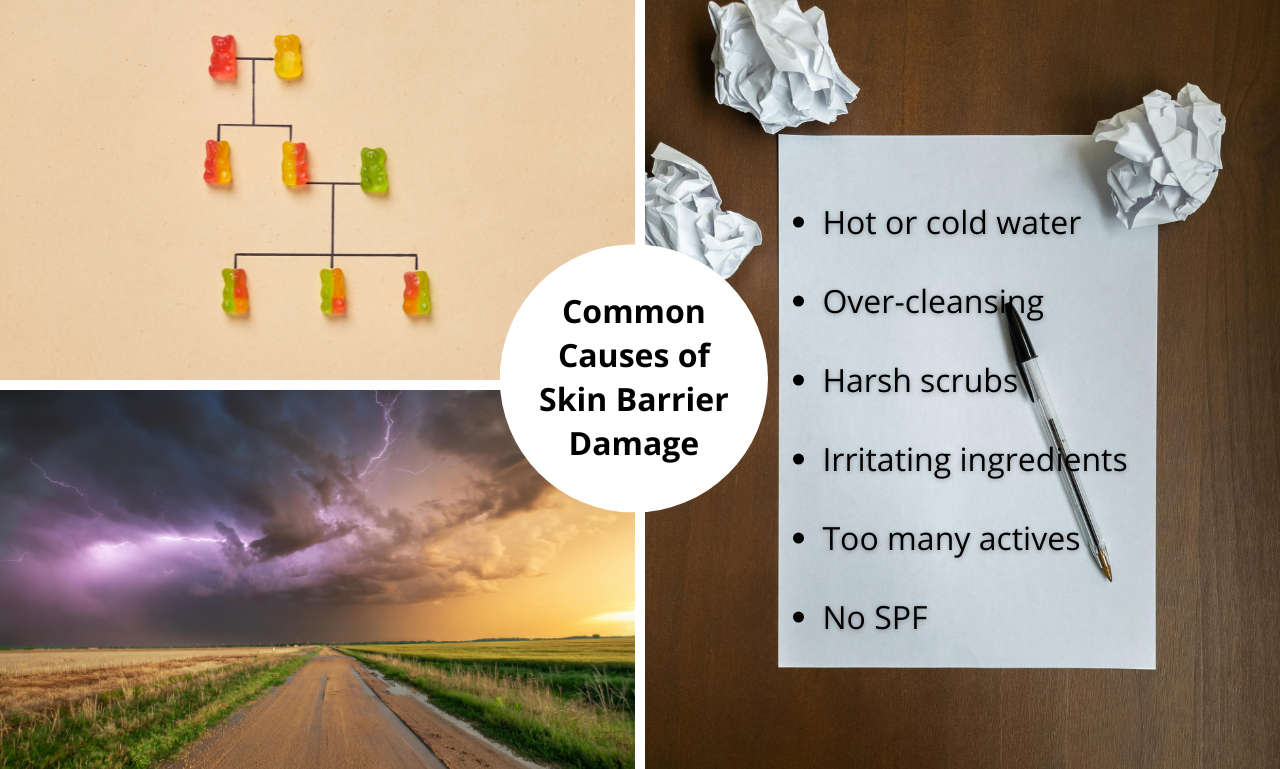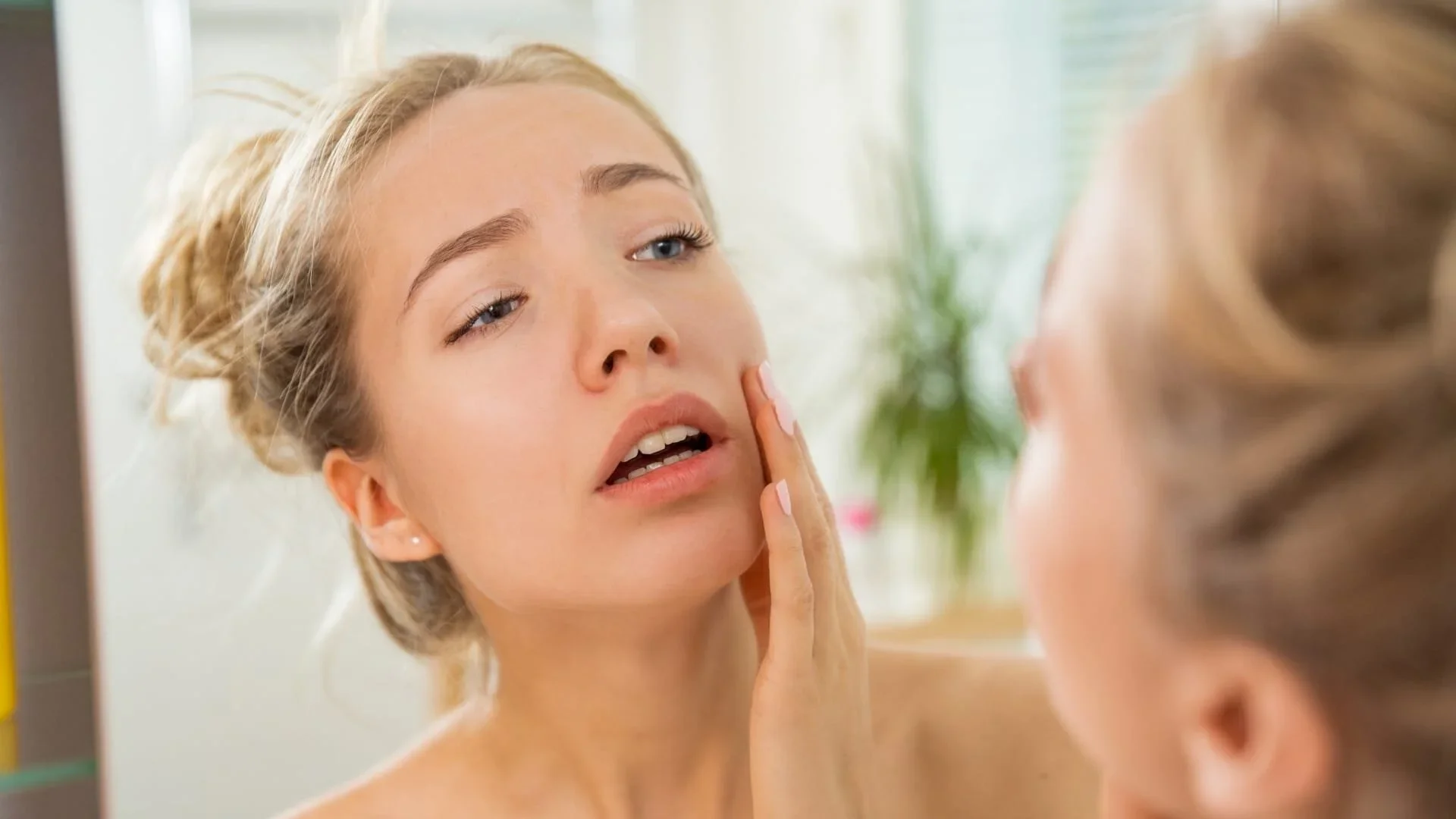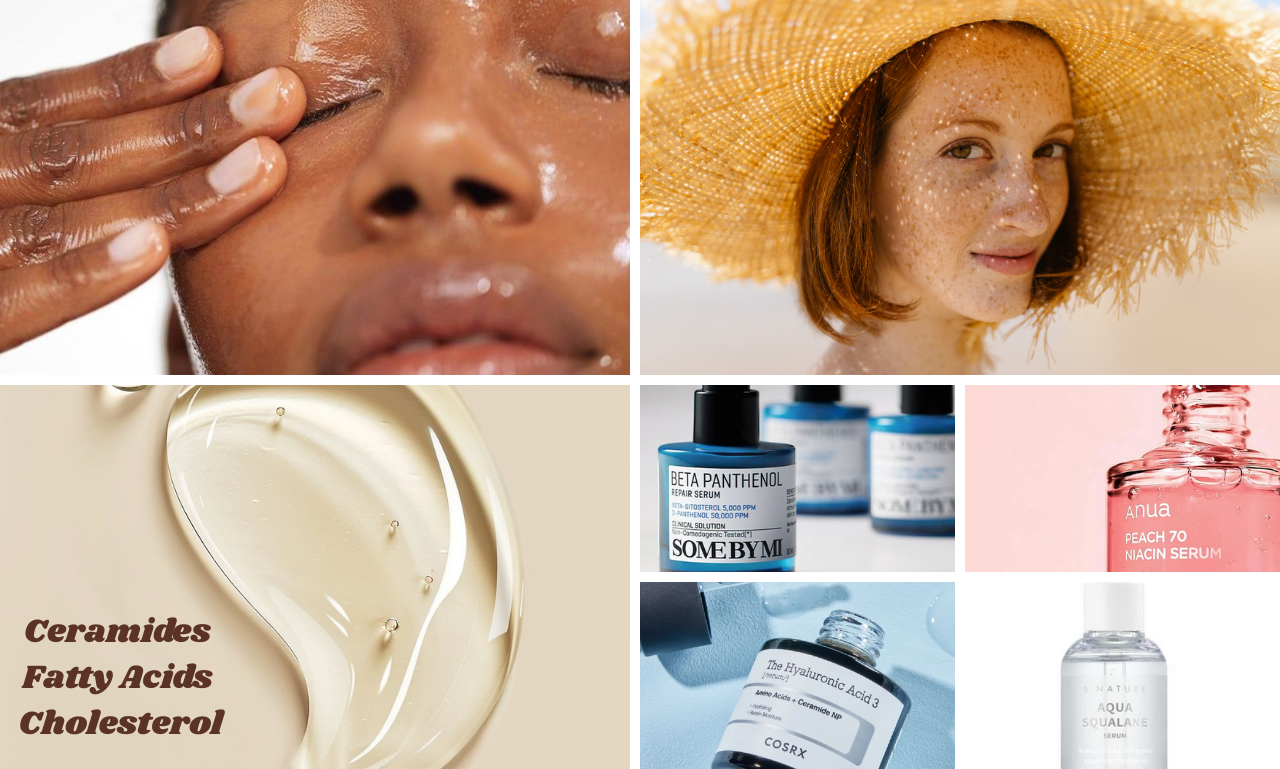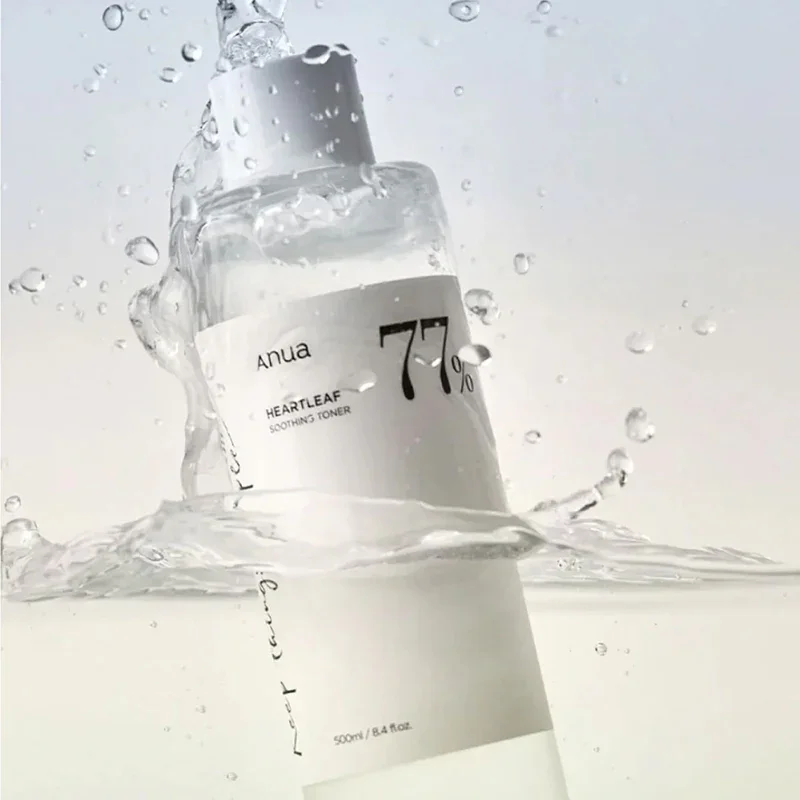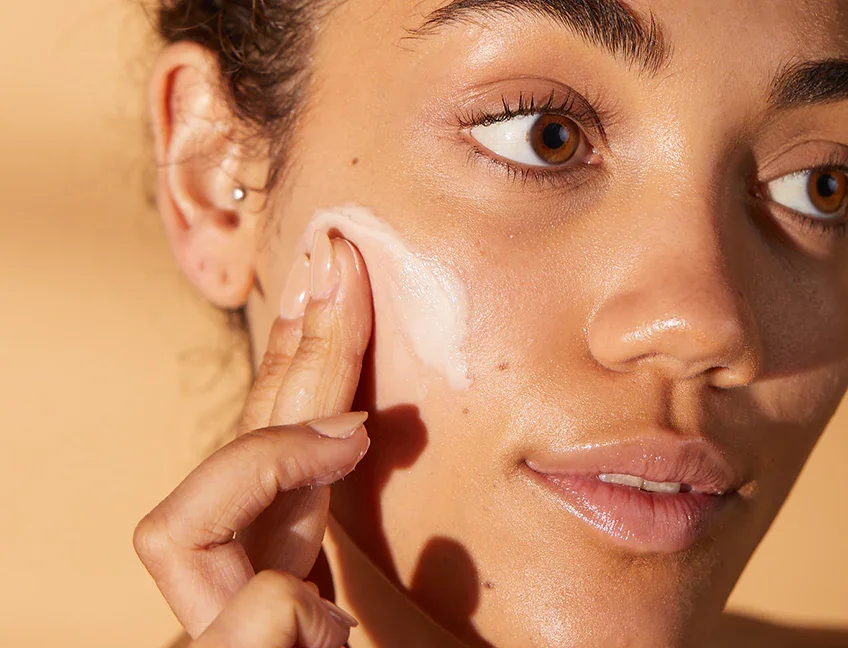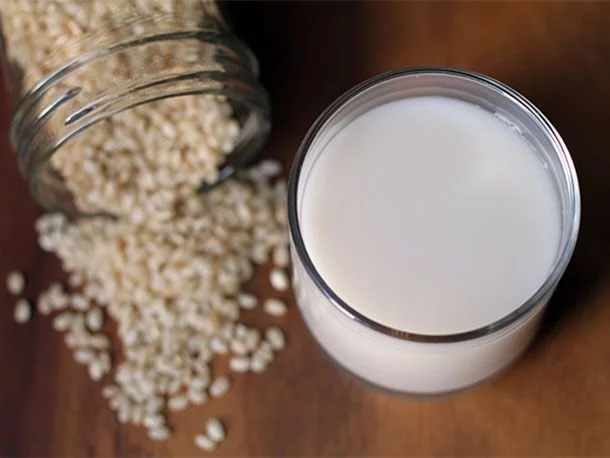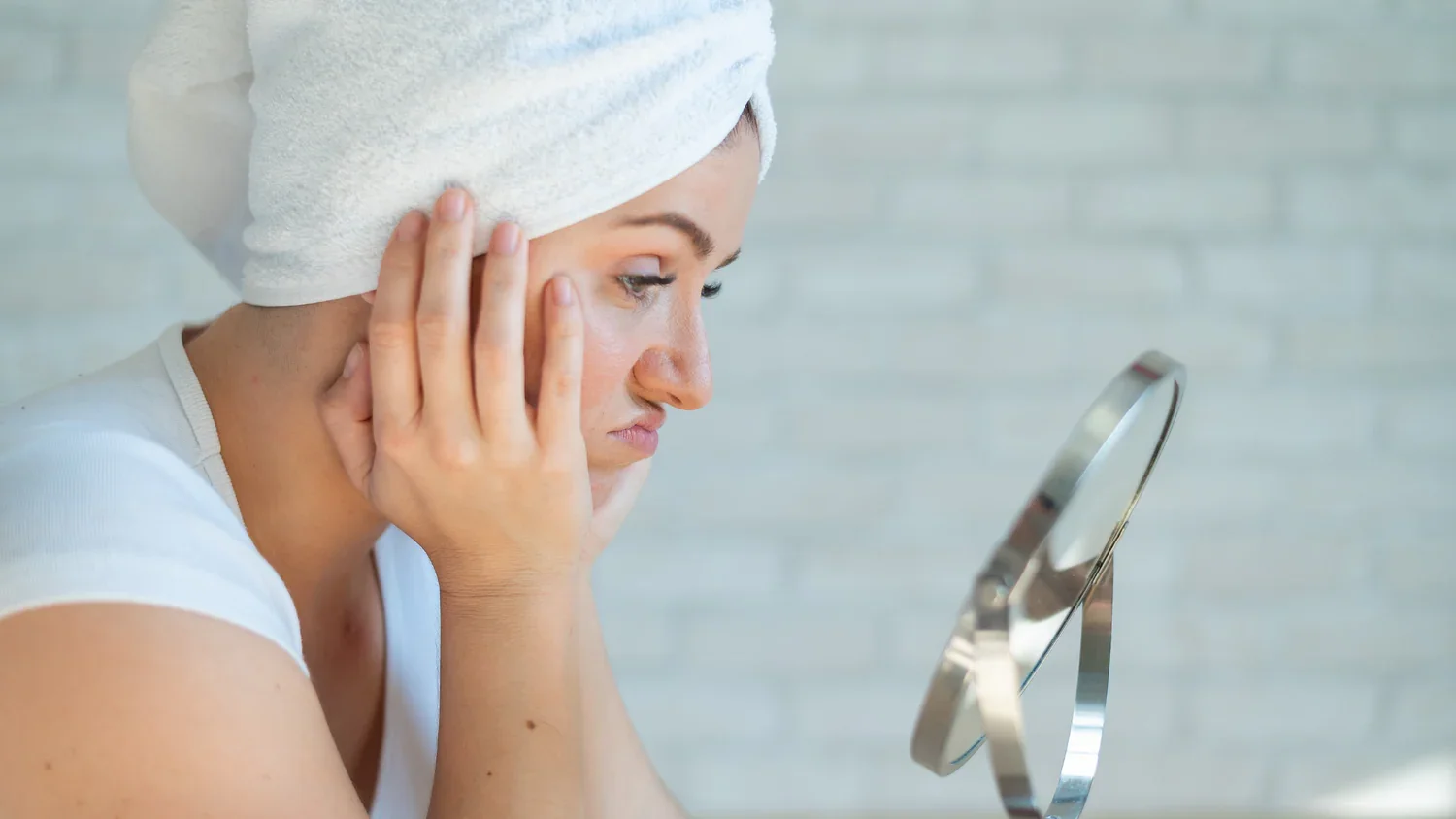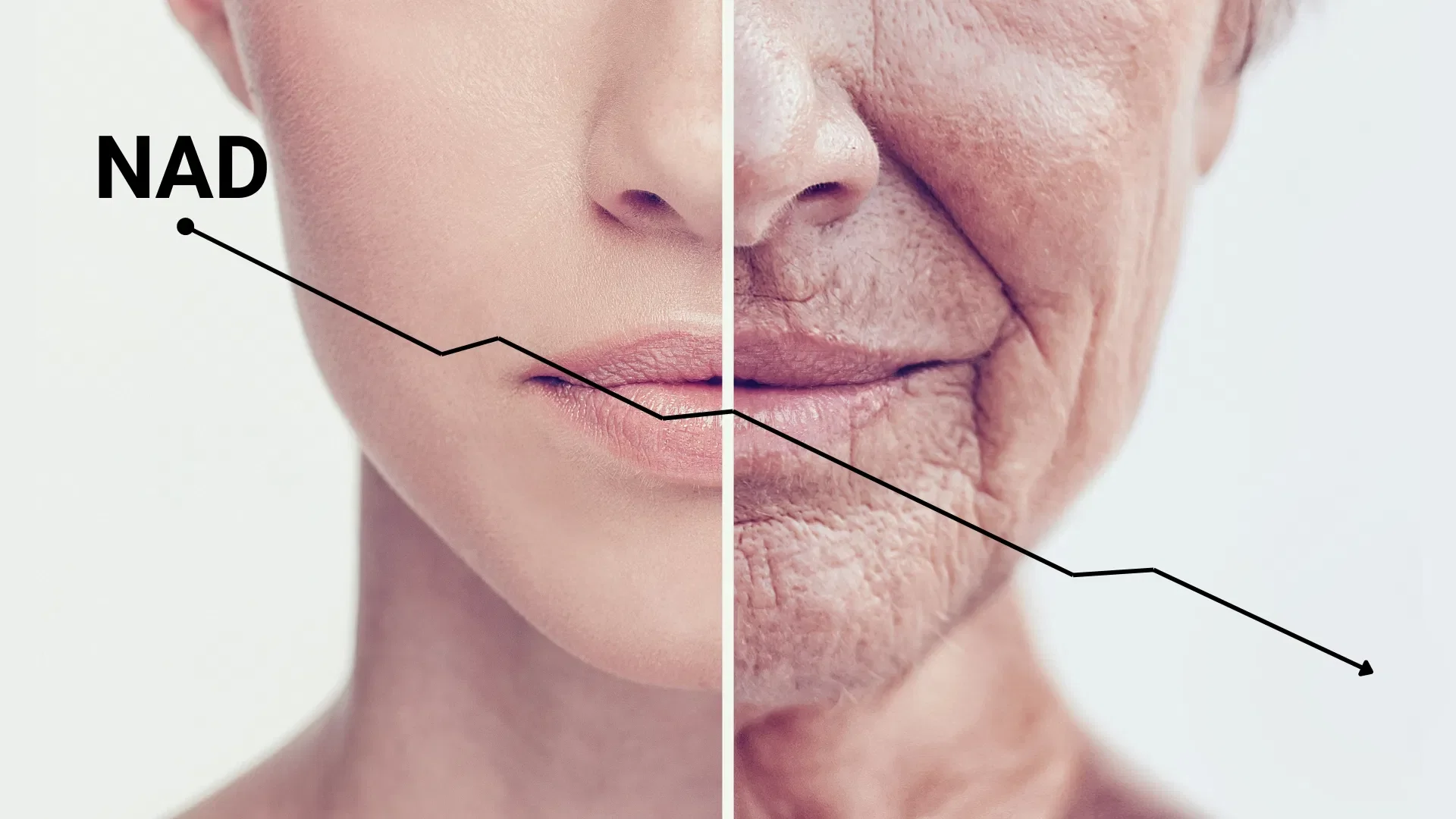The Skin Barrier Explained: Why It’s Important and How to Keep It Strong
You’ve probably been hearing more and more about the skin barrier lately—and for good reason. It plays a huge role in keeping your skin healthy and balanced. But what exactly is the skin barrier, and why should you care about it?
When your skin barrier is damaged, you’ll notice it right away—your skin might feel irritated and red, dry out more easily, lose its natural glow, and even the gentlest products you love might start to sting.
In this article, we’ll take a closer look at what the skin barrier actually is, why it’s so important to pay attention to it, and most importantly, how you can keep it strong and functioning properly.
Let’s dive in so you can protect and strengthen your skin’s natural shield for a happier, healthier complexion.
Some links are affiliate links. If you choose to purchase through them, it helps support my work at no extra cost to you.
Table of Contents:
What Is the Skin Barrier? How to Tell If It’s Damaged
Common Causes of Skin Barrier Damage
How to Repair a Damaged Skin Barrier
Frequently Asked Questions
What Is the Skin Barrier? How to Tell If It’s Damaged
The name gives you a good hint: the skin barrier is the layer of your skin responsible for protection.
Simply put, it’s the outermost part of your skin that you can actually see—the skin’s surface. This protective line is your body’s first defense against environmental stressors. Scientists call this outer layer the epidermis, and within it, the stratum corneum plays the starring role.
More precisely, the skin barrier refers to the waterproof lipid layer surrounding the skin cells in the very outer part of the epidermis. Imagine your skin like a brick wall—your skin cells are the bricks, and this lipid layer is the mortar holding everything together. Its main job is to make your skin waterproof: keeping moisture and beneficial elements in, while keeping harmful irritants and pollutants out.
When your skin barrier is healthy, your skin looks smoother, feels softer, and stays hydrated. But when it’s damaged, you might notice redness, irritation, and sensitivity—even your favorite skincare products can start to sting or burn. Long-term damage can lead to dry, rough, dull, and sensitive skin that’s more vulnerable to bacteria and serious skin problems.
Common Causes of Skin Barrier Damage
Your skin barrier can become damaged for three main reasons: genetics, environmental factors, and skincare habits.
Genetics
Sometimes your skin naturally produces fewer lipids than ideal. This can leave your skin dry and often sensitive. If this sounds like you, it’s important to use skincare rich in lipids—like ceramides, cholesterol, fatty acids—and nourishing plant oils. For extra barrier support, a moisturizer loaded with these ingredients is a must.
Environmental Factors
Harsh weather conditions like strong wind, cold temperatures, or even overactive air conditioning can weaken your skin’s protective layer. When facing these challenges, make sure to use lipid-rich skincare products and never skip your daily sunscreen to protect your skin from further damage.
Skincare Mistakes
Unknowingly, some common habits might be harming your skin barrier. Here’s a quick list of what to avoid:
Using water that’s too hot or too cold for washing your face or showering, as both can irritate your skin.
Over-cleansing with harsh foaming cleansers or high-pH soaps, which strip away not just dirt but also your skin’s natural moisturizers.
Using rough scrubs or washcloths that can cause tiny tears in your skin.
Applying irritating ingredients like alcohol, fragrances, menthol, or citrus extracts—common culprits especially in toners with alcohol.
Overloading your routine with strong active ingredients such as high-concentration AHAs, BHAs, retinol, or medicated acne products. These are amazing when used correctly, but too much or too frequent use can damage your barrier. Experiment to find the right concentration and frequency for your skin.
Most importantly, always wear at least SPF 30 daily! Sun exposure causes about 80% of visible skin aging and seriously weakens your skin barrier.
How to Repair a Damaged Skin Barrier
First things first: whenever you buy skincare products, always check the ingredient list carefully. Try to avoid anything that might irritate your skin—like alcohol, fragrance, menthol, peppermint, or lavender—especially if these ingredients appear in the first six spots on the INCI list.
It’s also great to support your skin from the inside out by paying attention to your diet. For example, taking omega-3 fatty acid supplements like fish oil can really help your skin’s health.
If your skin barrier is damaged and you want to rebuild it, focus on getting the basics right first! Put any “extra” products aside for a while, and return to the simple trio: gentle cleansing, proper hydration, and daily sun protection.
Gentle Cleansing
For a damaged skin barrier, choose mild, non-foaming cleansers like creamy or jelly formulas. Avoid harsh soaps or cleansers with high pH and strong foaming agents. Keep in mind that every cleanser—even the gentlest—can have some drying effect, so don’t over-cleanse. Once or twice a day is plenty. For removing heavy makeup, try an oil cleanser or cleansing balm to minimize irritation.
Proper Hydration
Hydrate your skin with products that contain ingredients known to strengthen the skin barrier. Here’s what to look for:
Lipids: Ceramides + Fatty Acids + Cholesterol
These three lipids are the building blocks of your skin’s natural barrier—ceramides make up about 50%, cholesterol about 25%, and fatty acids around 15%. Products containing all three help your skin produce its own lipids and rebuild the barrier, making your skin more hydrated and resilient. They also reduce sensitivity and dry, flaky patches—without feeling heavy or greasy. The best formulations include all three lipids together, as they work synergistically.Panthenol
Also known as pro-vitamin B5, panthenol is a proven soothing, hydrating, and barrier-repairing ingredient. It supports wound healing and skin regeneration, making it excellent for all skin types.Niacinamide (in low concentrations)
While niacinamide isn’t primarily known for hydration, it deserves a mention here because it helps your skin produce more ceramides—a key factor in a healthy barrier. Look for moisturizers or toners with a moderate amount of niacinamide rather than highly concentrated serums.Hyaluronic Acid (medium molecular weight)
Different types of hyaluronic acid help prevent and treat dehydration, but the medium-weight form is especially good at strengthening the skin’s barrier function.Oils Rich in Linoleic Acid (Omega-6) and Squalane
Some facial oils help support your skin’s natural barrier. Squalane, a naturally occurring moisturizing factor in your skin, is a fantastic hydrator and barrier booster that’s lightweight enough for combination skin. These oils can be especially helpful during colder months or when your skin feels dry.
Daily Sun Protection
Wearing sunscreen every day is essential, whether your barrier is healthy or damaged. UV rays speed up skin damage and worsen barrier function. The only exception is when your skin is extremely irritated, red, and sensitive—then it’s okay to take a break from sunscreen for a week or two while focusing on gentle cleansing and hydration.
If your barrier is damaged, opt for physical (mineral) sunscreens containing zinc oxide and/or titanium dioxide—they’re less likely to irritate your skin. Once your barrier is healthy again, or if you just want to prevent damage, you can use any sunscreen you like.
Frequently Asked Questions
How can I tell if my skin barrier is damaged?
Here are 3 typical signs of a damaged skin barrier:
Your skin feels irritated, sensitive, red, and prone to inflammation
Your skin looks dry or dehydrated, dull, and generally uncomfortable
Your usual skincare products—like your nighttime moisturizer—sting or burn when applied
What should I use if my skin barrier is damaged?
Look for nourishing skincare packed with ceramides, fatty acids, and cholesterol, and make sure to hydrate your skin thoroughly—layering your products can help. Don’t skip daily sun protection, and when your barrier is compromised, opt for physical (mineral) sunscreens.
Some great product ideas to support your barrier:
Hydrating and soothing toner: Anua Heartleaf 77 Soothing Toner
Barrier-repair serum rich in ceramides, cholesterol, and omega fatty acids: Anua 7 Rice Ceramide Hydrating Barrier Serum
Soothing, omega-rich facial oil: Haruharu wonder Black Rice Facial Oil
Nourishing moisturizer for dry skin with omegas, ceramides, and cholesterol: dear, klairs Rich Moist Soothing Cream
Hydrating, barrier-strengthening squalane oil: Timeless Skin Care Squalane Oil 100% Pure
You don’t need to use everything at once. A solid routine might be a hydrating toner + a barrier-boosting serum + a moisturizer, or a toner + hyaluronic acid serum + facial oil.
What should I avoid if my skin barrier is damaged?
Pause high-strength active serums and exfoliants for a while—this means putting your AHA and BHA exfoliants, retinol serums, and pure vitamin C serums on hold. Also switch your chemical sunscreen to a physical (mineral) one. Since a damaged barrier makes your skin more sensitive, the focus now should be on soothing and repairing.
Once your skin feels comfortable again—no redness, no irritation, and no stinging from your usual moisturizers—you’re good to gradually reintroduce your active treatments back into your routine.
Curious about the science behind today’s most innovative skincare ingredients? Explore the blog for in-depth guides on barrier repair, advanced hydration strategies, skin longevity actives, and climate-adaptive formulations.
If you’d like more personalized support, I also offer one-on-one skincare consultations to help you build a routine that truly fits your skin and your lifestyle.

